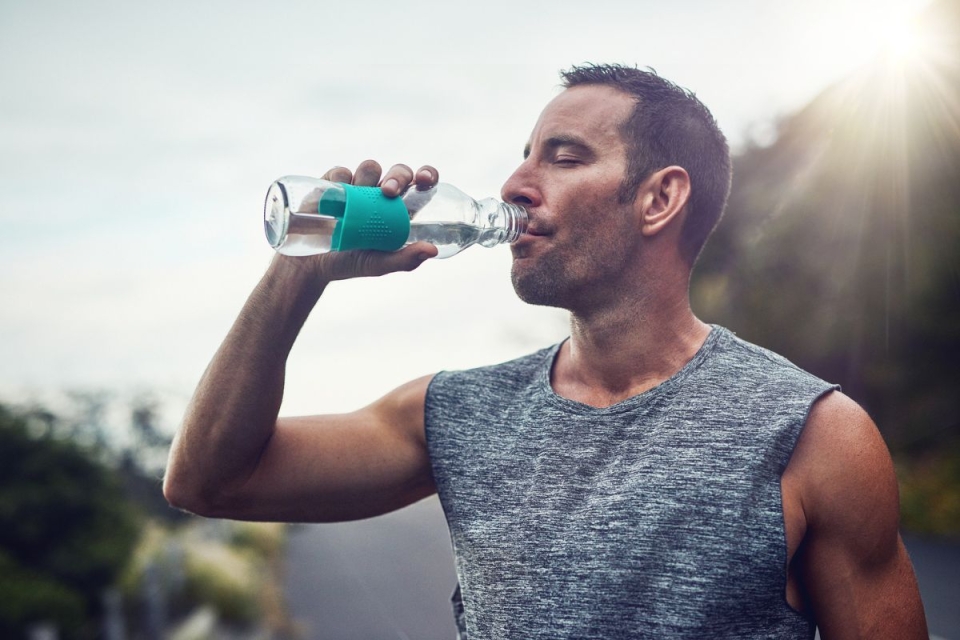Endurance athletes often spend months training their bodies but overlook one of the biggest game changers — a nutrition and hydration strategy. The right fueling plan can lower your risk of injury and speed up recovery.
Here’s what David Carfagno, DO, medical director of HonorHealth Medical Fitness, recommends based on the leading nutrition science.
Manage your morning meal
Eat a light, high-carb meal like oatmeal with bananas and honey or a bagel with peanut butter two to three hours before your race starts. Target one to four grams of carbs per kilogram of body weight and skip high-fat, high-fiber foods.
Early in the morning, start sipping electrolyte drinks to support fluid balance and prevent cramping. Aim for 16–20 ounces two to three hours before your race, then six to eight ounces 15–30 minutes before. But don’t chug water right at the start line — it can cause bloating or dilute your sodium levels.
Fueling during the race
For a 5K or 10K, a light, carb-rich snack one to two hours before the race can help maintain energy. In cool conditions you may not need much hydration, but in warmer races you’ll want to grab a sip or two at aid stations. Sports drinks aren’t usually necessary unless you’re sweating heavily or racing longer than 45–60 minutes.
Half and full marathons are a different story. Plan to take in 30–60 grams of carbs per hour during a half — using gels, chews or sports drinks — and up to 90 grams per hour in a full. Drink four to eight ounces every 15–20 minutes, alternating water and electrolytes to keep sodium levels balanced and prevent cramping.
Post-race recharge
“Recovery starts the moment you cross the finish line,” says Dr. Carfagno. “Even if you don’t feel like eating or drinking after a race, it’s important to stick with a well-planned recovery strategy.” He suggests having a liquid meal with about 0.7 grams of carbs per pound of body weight plus 15–25 grams of protein within 30 minutes of your finish.
Runners can lose between one and four pounds of fluid during a marathon. Guidelines suggest drinking 15–23 ounces of electrolyte water or sports beverage per pound lost, so you’ll want to start replenishing during your cool down.
Continue sipping fluids the rest of the day, including sodium to help retain them. Prioritize rehydration and balanced meals to help repair your muscles and reduce inflammation.
Start strong, finish smart
You’ve trained hard for your race, so don’t let a lack of proper nutrition or hydration undo your progress. If you're in doubt or need expert training advice, our HonorHealth Sports Medicine team can help you develop a personalized plan.
With the right balance of fluids and nutrients, you’ll set yourself up for a strong start and an even stronger finish.
Related content
Step up your game
Elite runners know it’s not just about speed — it’s about staying healthy mile after mile. Here’s how to do both.
Bounce back better
Sidelined by a sports injury? Our orthopedic team helps you rebuild stronger so you can get back to the activities you love.
Stay strong, run long
Changing seasons bring new training goals. Discover easy ways to protect your body while breaking in a fresh routine.

